Herbs have long been an essential part of culinary traditions, adding layers of aroma, taste, and visual appeal to dishes around the world. Among them, chives stand out for their delicate onion-like flavor and vibrant green color. While fresh chives are widely used in salads, soups, and garnishes, dried chives have emerged as a versatile and convenient alternative that retains much of the flavor and nutritional value of the fresh herb. In modern kitchens and the food industry alike, dried chives are valued for their practicality, long shelf life, and ability to enhance a wide variety of recipes.
Characteristics of Dried Chives
Chives belong to the Alliumfamily, which also includes onions, garlic, and leeks. Known for their thin, hollow stems and mild flavor, chives are traditionally used fresh as a garnish or seasoning. However, fresh chives are highly perishable, often wilting or losing flavor within a few days of harvest.
Drying offers a solution to this limitation. Through processes such as air-drying or freeze-drying, chives are dehydrated while preserving their natural color, aroma, and flavor compounds. Dried chives typically appear as small, dark green flakes, easy to store and ready to use without washing or chopping. Their lightweight, shelf-stable form makes them convenient for home cooks, food manufacturers, and even large-scale catering operations.
Nutritional Benefits
Like other members of the Alliumfamily, chives are known for their beneficial nutrients and bioactive compounds. Although drying slightly reduces some heat-sensitive vitamins, many valuable components remain.
Vitamins and Minerals: Dried chives contain vitamin A, vitamin K, and traces of vitamin C, as well as minerals such as calcium and potassium.
Antioxidants: They are rich in carotenoids and flavonoids, which help reduce oxidative stress in the body.
Fiber: Even in dried form, chives provide dietary fiber that supports digestion.
Allyl Sulfides: Compounds related to those found in garlic and onions, believed to contribute to cardiovascular and immune health.
While the nutrient density per gram is higher than in fresh chives due to dehydration, the small amounts typically used for seasoning mean that the nutritional contribution is supplementary rather than primary. Nonetheless, incorporating dried chives into meals can help diversify the intake of beneficial plant compounds.
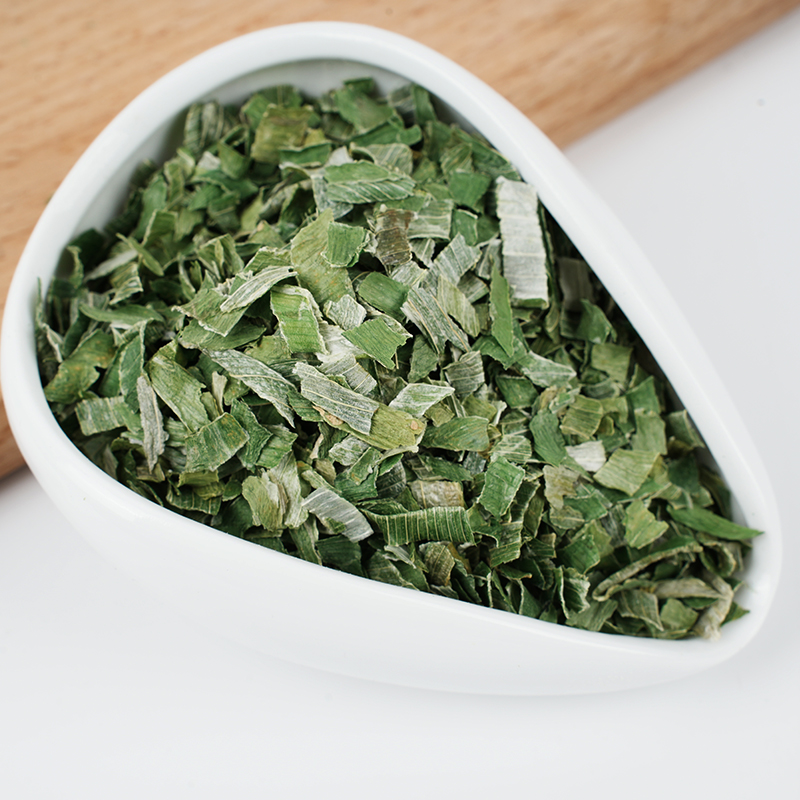
Culinary Applications
Dried chives are prized for their versatility in cooking. Their flavor is milder than dried onions or garlic, making them suitable for delicate dishes where stronger alliums might overpower the taste. Common applications include:
Soups and Stews
Dried chives can be sprinkled directly into soups and stews, where they rehydrate quickly and release their flavor into the broth.
Sauces and Dressings
They add a subtle onion-like note to cream-based sauces, dips, and salad dressings without the pungency of raw onions.
Eggs and Dairy Dishes
Chives pair especially well with eggs, making them a classic addition to omelets, scrambled eggs, and quiches. In dairy products such as cream cheese, sour cream, or butter spreads, dried chives contribute color and flavor.
Breads and Savory Baked Goods
Incorporating dried chives into dough or batter enhances the taste of breads, muffins, or biscuits, creating products with a gourmet appeal.
Seasoning Blends
Dried chives are frequently included in spice blends, herb mixes, and instant noodle seasoning packets, offering convenience and consistent flavor.
Advantages Over Fresh Chives
The main reason dried chives are gaining popularity is convenience. Compared with fresh chives, they offer several advantages:
1. Long Shelf Life – Dried chives can last months or even years when stored properly, unlike fresh chives that spoil quickly.
2. Ease of Storage – Lightweight and compact, dried chives require no refrigeration.
3. Preparation-Free – They are pre-cut and ready to use, saving time in both household and industrial kitchens.
4. Flavor Consistency – Seasonal variations in fresh herbs can affect taste, but dried chives provide a standardized flavor year-round.
5. Versatility – Suitable for dry seasoning mixes, packaged foods, and quick meal preparation.
These qualities make dried chives particularly attractive for large-scale foodservice, instant food products, and consumers with busy lifestyles.
Industrial and Commercial Uses
Beyond home cooking, dried chives are widely used in the food industry. They are included in instant soups, noodle seasonings, ready-to-eat meals, snack coatings, and freeze-dried meal kits. Their ease of incorporation into dry mixes makes them ideal for large-scale production.
In the catering sector, dried chives reduce waste and preparation time, providing a consistent garnish or flavoring ingredient without the need for daily fresh supply. Their green color also enhances the visual appeal of dishes, an important factor in food presentation.
Storage and Rehydration
Proper storage is essential to maintain the quality of dried chives. They should be kept in airtight containers away from moisture, light, and heat to preserve their color and flavor. Once exposed to air, they can lose aroma over time.
When added to hot dishes such as soups, they naturally rehydrate during cooking. For cold preparations like salads or dips, they can be soaked briefly in warm water to restore texture before use.
Global Market and Consumer Trends
The growing demand for convenience foods and natural seasonings has boosted the market for dried herbs, including dried chives. As consumers seek clean-label products with fewer artificial additives, dried chives offer a natural solution for flavor enhancement.
Additionally, the rise of plant-based diets has fueled interest in herbs and seasonings that bring freshness and nutritional diversity to meals. Dried chives, with their mild yet distinct flavor, are increasingly popular among health-conscious buyers and home cooks experimenting with global cuisines.
Conclusion
Dried chives exemplify how traditional culinary herbs can be adapted to modern food systems without losing their essential qualities. By providing convenience, long shelf life, and reliable flavor, they have become a staple in both household pantries and industrial kitchens. Their nutritional benefits, though modest, contribute to dietary diversity, while their culinary versatility makes them suitable for a wide range of applications.
In an era where consumers value convenience, natural ingredients, and global flavors, dried chives represent a simple yet powerful way to enrich cooking and food production. As demand for practical and health-conscious seasonings continues to rise, dried chives are likely to remain an integral part of modern kitchens around the world.

 English
English 中文简体
中文简体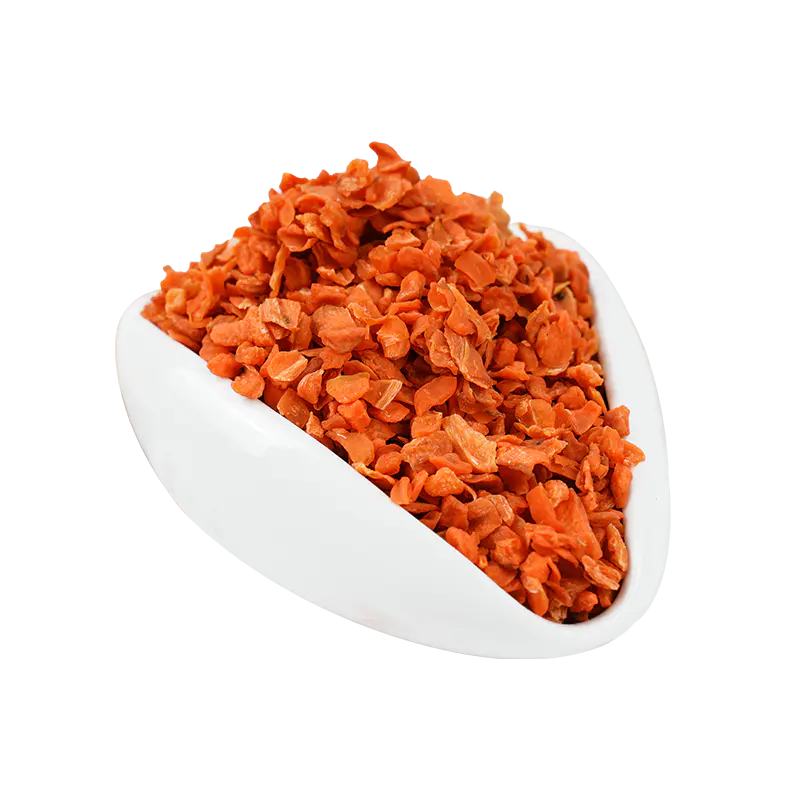
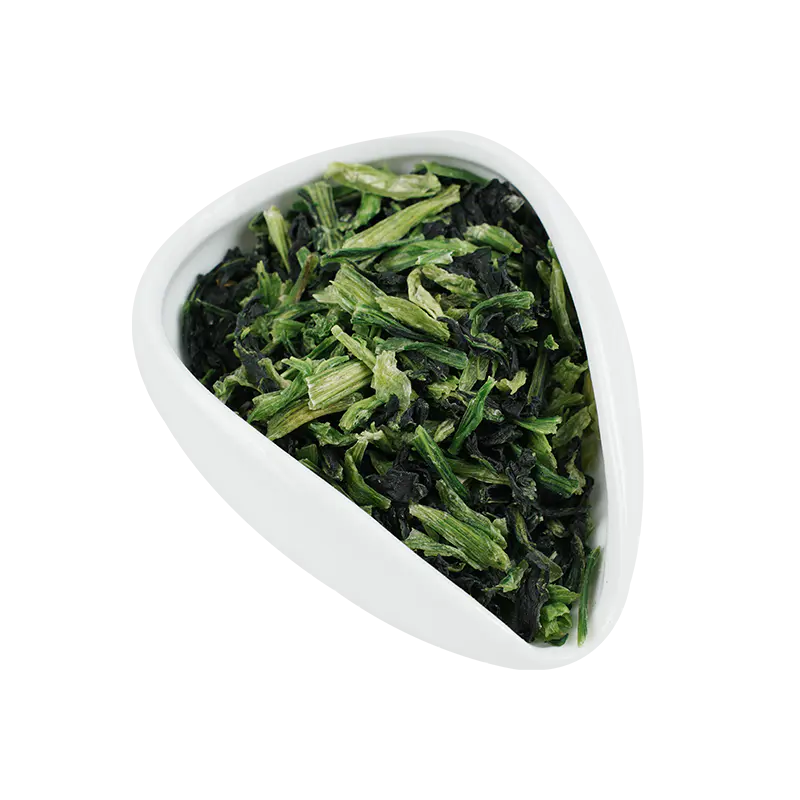
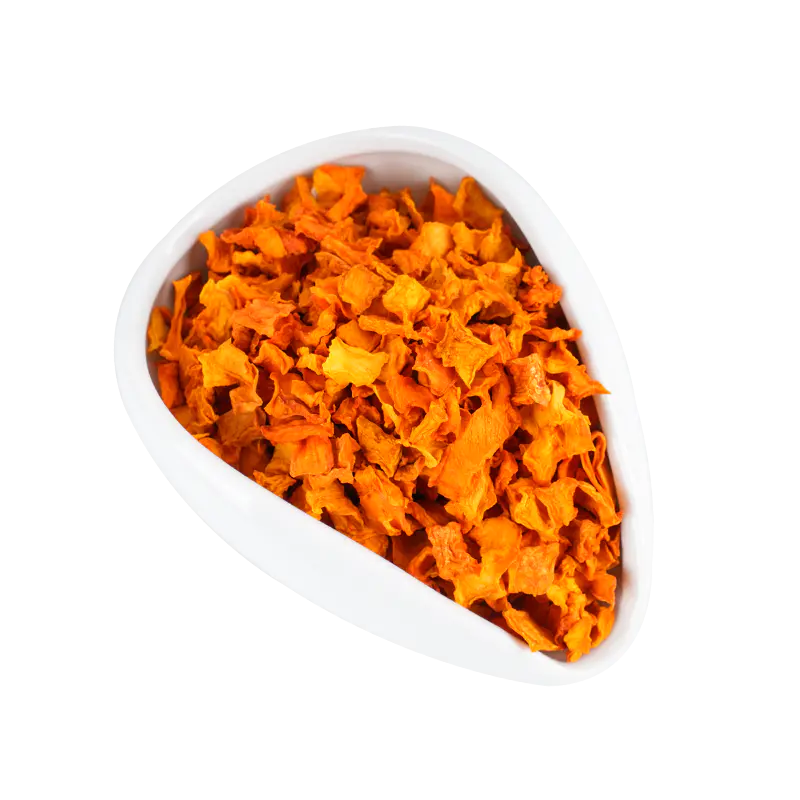
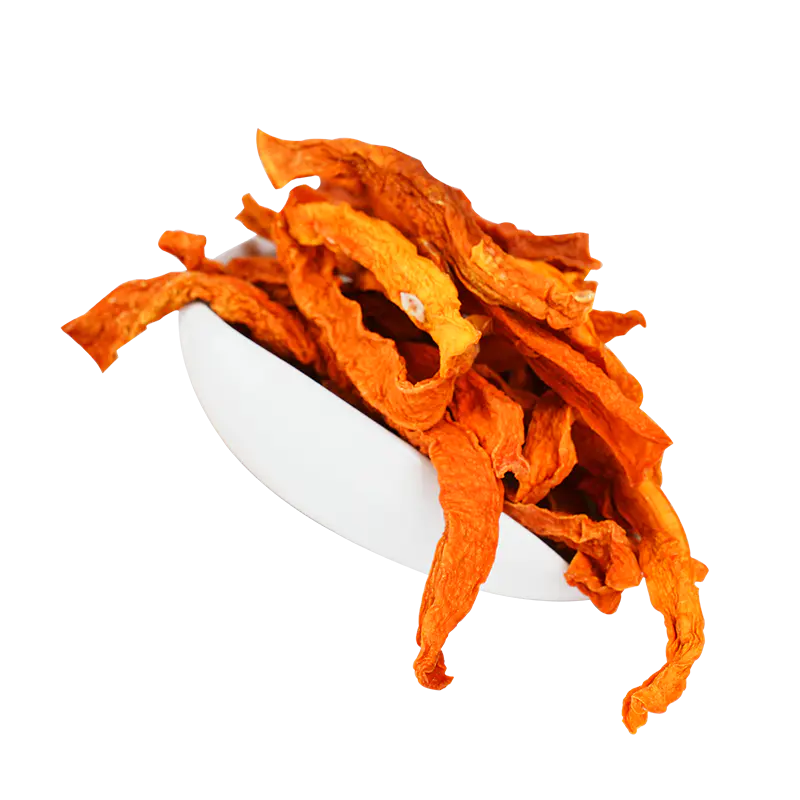
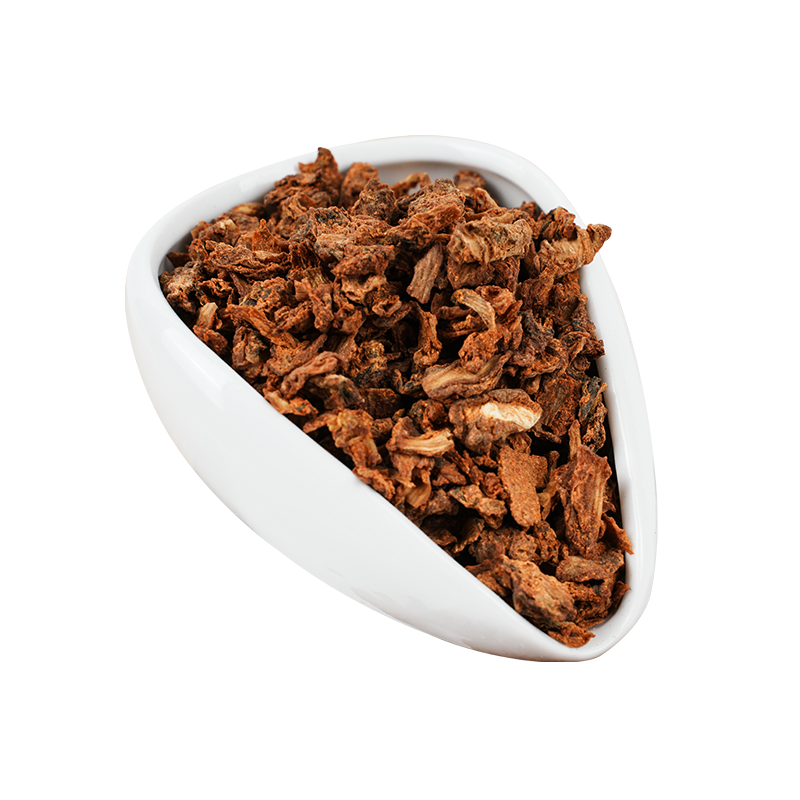

 Xinqian Village (Dehydrated Fruit and Vegetable Industrial Park), Duotian Street, Xinghua City, Taizhou City, Jiangsu Province, China
Xinqian Village (Dehydrated Fruit and Vegetable Industrial Park), Duotian Street, Xinghua City, Taizhou City, Jiangsu Province, China +86-13852647168
+86-13852647168
